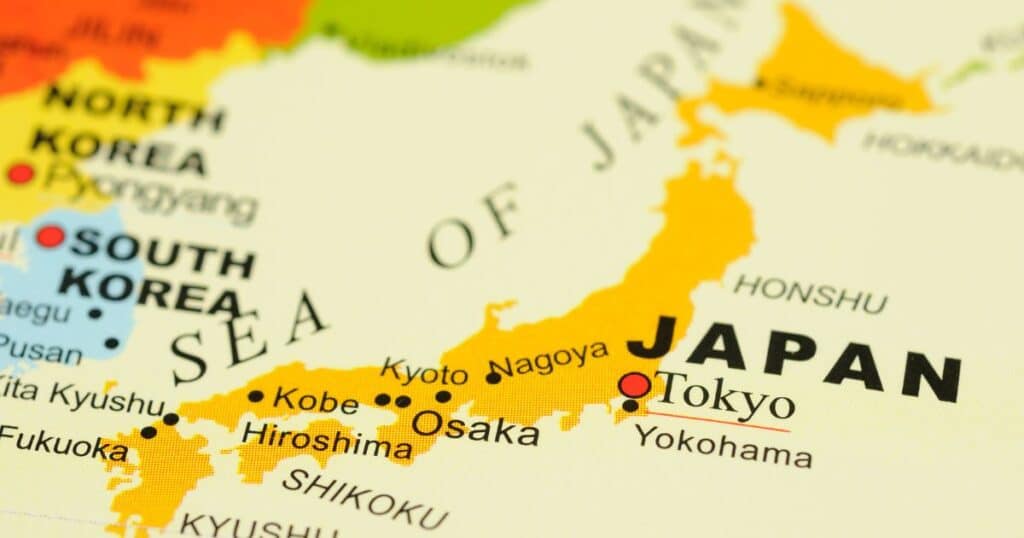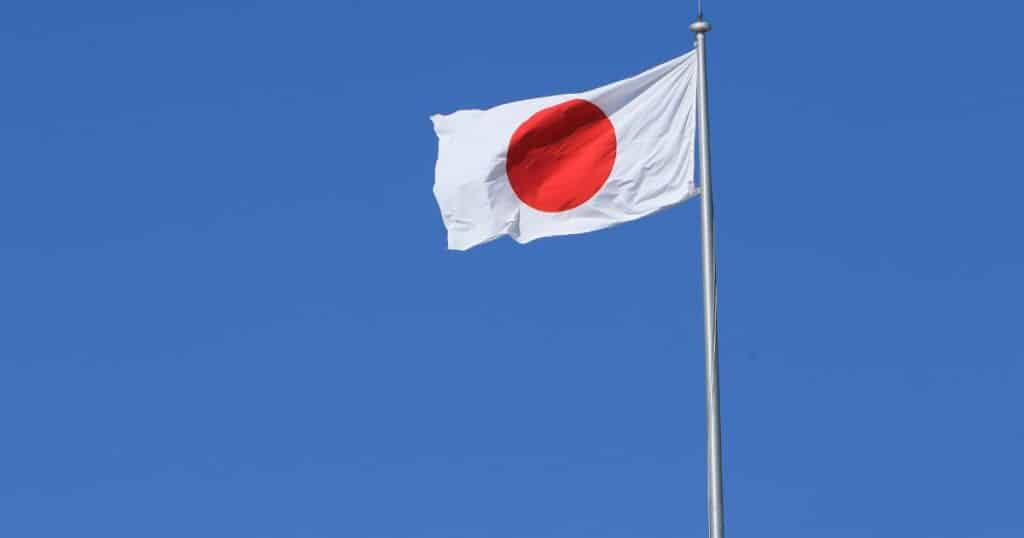The topic of cannabis legalization is a highly debated issue around the world. Recently, Japan made headlines with their proposed bill to legalize cannabis-derived pharmaceuticals while simultaneously continuing to ban the plant itself. This decision highlights the country’s inconsistent stance on cannabis and has sparked discussions among medical experts, lawmakers, and citizens.
The bill was introduced in Japan’s House of Representatives to legalize pharmaceuticals derived from cannabis, such as Epidiolex, a drug used to treat severe epilepsy as first reported by Japan Times. This has raised questions about the government’s reasoning behind allowing narrow medical products while maintaining strict laws against general cannabis use.

To understand the current situation, it is important to examine the history of Japan’s Cannabis Control Law. The law was established in 1948 and banned the possession, trade, and cultivation of cannabis and related products. However, it did not specifically mention use of cannabis. per the Japan Times
The Japanese government has maintained a strict stance against recreational use of marijuana. Possession and use of any amount of cannabis can result in severe penalties, including up to years in prison. This is in line with Japan’s “zero-tolerance” policy towards drug use.
Earlier this month, the Lower House of Japan passed a bill to legalize pharmaceuticals derived from cannabis. This decision has been met with both support and criticism from various groups.
The bill aims to make medicines like Epidiolex, which has been approved in the U.S. and Europe, accessible to patients with intractable epilepsy, This is seen as a positive step towards providing relief to those suffering from debilitating conditions.
However, the bill also includes revisions to the Narcotics and Psychotropics Control Law, where cannabis would be added as a banned substance. This means that general cannabis use would still be illegal, and violators could face up to seven years in prison. This raises questions about the government’s intentions behind legalizing narrow medical products while continuing to enforce strict laws against cannabis.
“We hope that, through this bill, a path will be opened for patients with intractable epilepsy to use medicines derived from the cannabis plant, helping to improve their quality of life,” Chief Cabinet Secretary Hirokazu Matsuno said after the bill cleared the lower chamber. “At the same time, we hope that the bill will help us crack down on the illicit use and possession (of cannabis) and prevent its abuse.”
One of the major reasons behind Japan’s move to legalize cannabis-derived pharmaceuticals is the ongoing clinical trial of Epidiolex by GW Pharma. The drug has shown promising results in treating severe forms of epilepsy and has been approved for use in other countries. With this clinical trial, Japan hopes to provide relief to patients who have not responded to traditional treatments.
The trial is being conducted in collaboration with the Japanese Epilepsy Society and has received support from experts in the medical field. If successful, it could pave the way for more cannabis-derived medicines to be approved in Japan.
However, the bill was not passed without some revisions. One of these revisions calls for the government to establish a support system for offenders caught using cannabis. This includes providing drug abuse prevention education, rehabilitation programs, and job-hunting assistance.
The bill will now move on to the Upper House for further deliberation and voting. If it passes, it could be implemented in a short period of time. This decision has sparked hope among supporters of the cannabis industry in Japan.
Despite the strict laws against general cannabis use, there have been calls for a regulated cannabis market in Japan. Some argue that it could provide economic benefits and create job opportunities, while also addressing issues related to illegal drug use. With this move towards legalizing pharmaceuticals derived from cannabis, there is a possibility that Japan may eventually consider loosening its stance on general cannabis use.

Overall, Japan’s decision to legalize pharmaceuticals derived from cannabis while maintaining strict laws against the plant itself highlights the country’s bipolar approach towards the issue. The passing of this bill marks a significant step towards providing relief for patients with intractable epilepsy, but it also raises questions about the government’s intention and future stance on cannabis.
As the bill moves forward, it will be interesting to see if Japan takes further steps towards legalizing cannabis in any form. Ultimately, only time will tell how this decision will impact Japan’s approach to cannabis in the long run.
Enjoyed that first hit? Come chill with us every week at the Friday Sesh for a freshly packed bowl of the week’s best cannabis news!

















